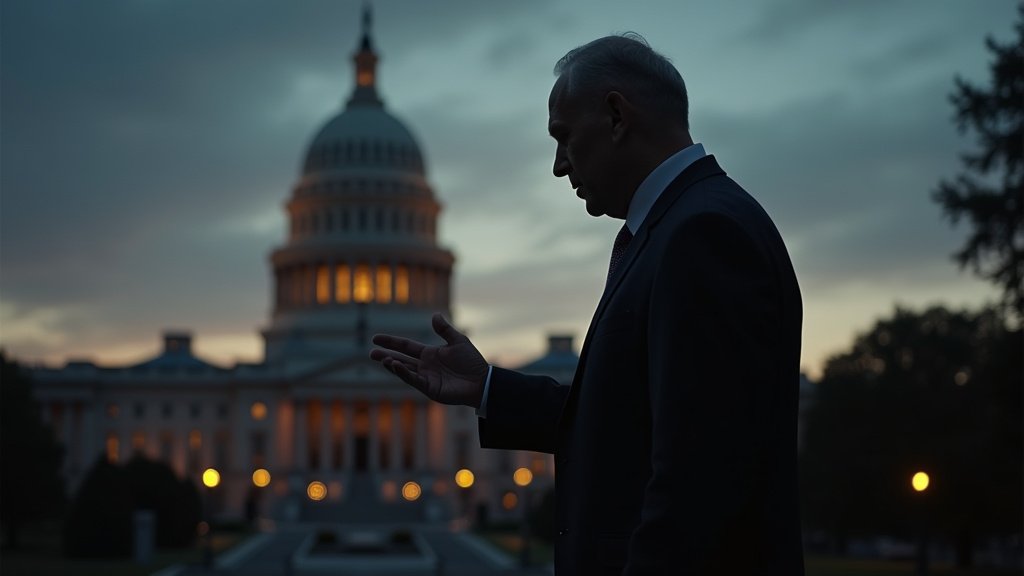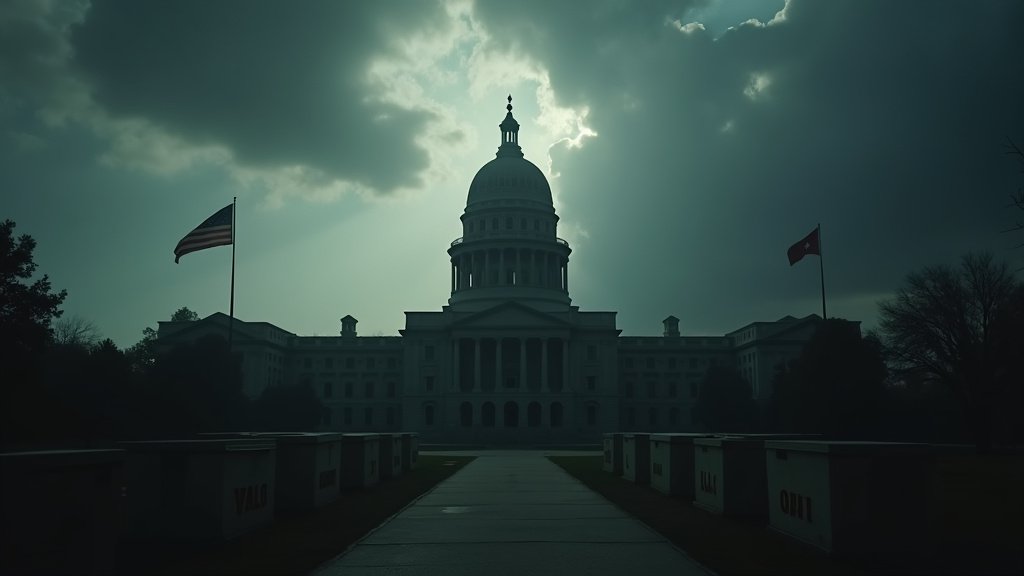In a significant legal confrontation, the Council on American-Islamic Relations (CAIR) has filed a federal lawsuit challenging Texas Governor Greg Abbott’s recent designation of its Texas chapters as “foreign terrorist organizations” and “transnational criminal organizations.” The lawsuit, lodged on November 21, 2025, argues that Governor Abbott’s proclamation is unconstitutional, defamatory, and a direct assault on the First Amendment rights of American Muslims in Texas.
Abbott’s Proclamation: The Designation and Its Scope
Earlier in the week, Governor Abbott issued a proclamation that not only designated CAIR and the Muslim Brotherhood as terrorist entities but also invoked Texas state law to prohibit them from acquiring land within the Lone Star State. The proclamation, which cites Texas Penal Code and Property Code sections, authorizes the state’s Attorney General, Ken Paxton, to pursue legal action to shut down the organizations’ activities. Governor Abbott stated that both groups “have long made their goals clear: to forcibly impose Sharia law and establish Islam’s ‘mastership of the world,'” and accused them of supporting terrorism globally and subverting Texas laws through “violence, intimidation, and harassment.” He further pointed to CAIR’s naming as an “unindicted co-conspirator” in the 2009 Holy Land Foundation terrorism financing case as justification.
CAIR’s Legal Challenge: Constitutional Rights Under Fire
CAIR, the nation’s largest Muslim civil rights and advocacy organization, contends that Governor Abbott’s actions are a “lawless attack” and a politically motivated “publicity stunt” designed to punish critics of his policies and advance anti-Muslim bigotry. The lawsuit, filed by CAIR’s Dallas-Fort Worth and Austin chapters with support from the Muslim Legal Fund of America (MLFA) and CAIR’s Legal Defense Fund, asserts that the governor improperly invoked state power without due process, evidence, or legal authority.
Key to CAIR’s legal argument is the claim that such designations are the exclusive purview of the U.S. Secretary of State under federal law, making Abbott’s state-level proclamation federally preempted. The organization argues that Abbott’s actions violate the U.S. Constitution by infringing on its First Amendment rights to freedom of speech and association, as well as its Fourteenth Amendment due process rights. CAIR’s litigation director, Lena Masri, stated that the lawsuit is a critical step to “protect free speech and due process for all Americans,” emphasizing that “no civil rights organizations are safe if a governor can baselessly and unilaterally declare any of them terrorist groups.”
Background and Broader Implications
This current news follows a pattern of Texas officials, particularly Governor Abbott, targeting Muslim organizations and advocacy groups. CAIR has previously sued Abbott multiple times for alleged First Amendment violations, claiming victory in three prior cases. The designation by Governor Abbott is notable because neither CAIR nor the Muslim Brotherhood is officially designated as a terrorist organization by the U.S. federal government. While the United Arab Emirates designated CAIR in 2014, the legal authority for designating foreign terrorist organizations in the U.S. rests with the federal government. The immediate impact of Abbott’s proclamation is confined to Texas state law, prohibiting land purchases and authorizing state-level enforcement, but it has ignited significant buzz regarding the balance of state and federal power in national security matters and civil liberties. Critics, including the Texas Democratic Party, have decried the designation as “dangerous, racist, and Islamophobic.”
Legal and Political Fallout
The lawsuit filed in the U.S. District Court for the Western District of Texas seeks immediate declaratory and injunctive relief to halt the enforcement of Abbott’s proclamation. Governor Abbott, responding to news of the impending lawsuit via social media, suggested that legal challenges would “open the doors to all of their financial transactions and funding.” The confrontation highlights a deepening divide over free speech, religious freedom, and the extent to which state executives can unilaterally target organizations through executive proclamations. The legal battle ahead is expected to scrutinize the boundaries of state power against fundamental constitutional protections for advocacy groups operating in Texas and across the nation.






